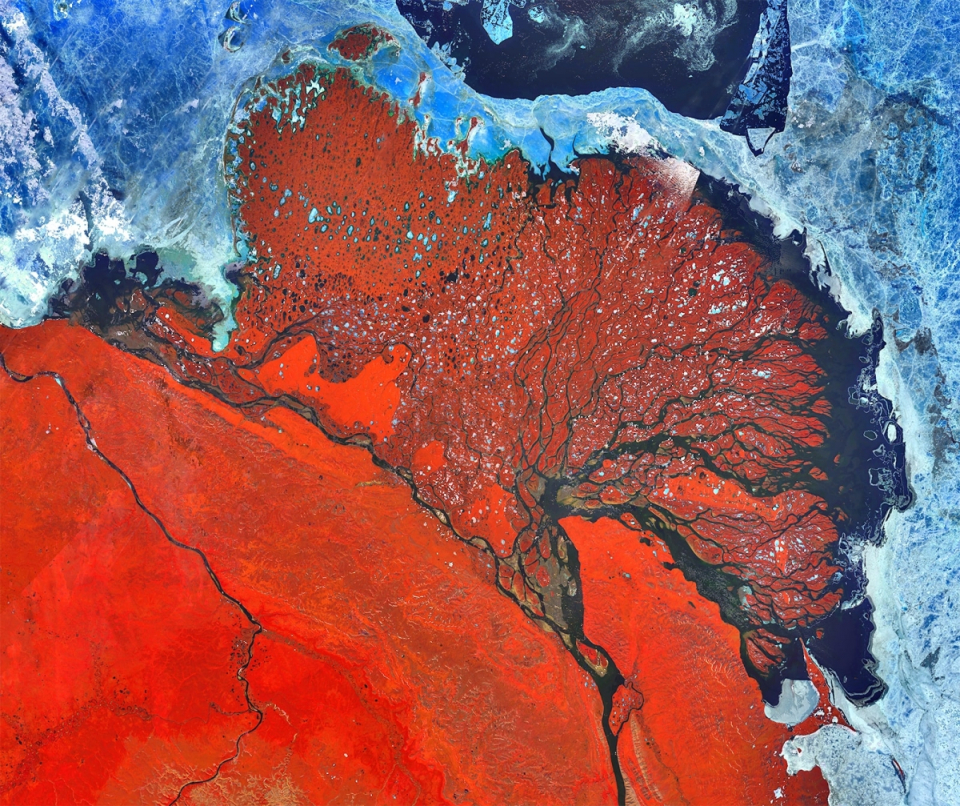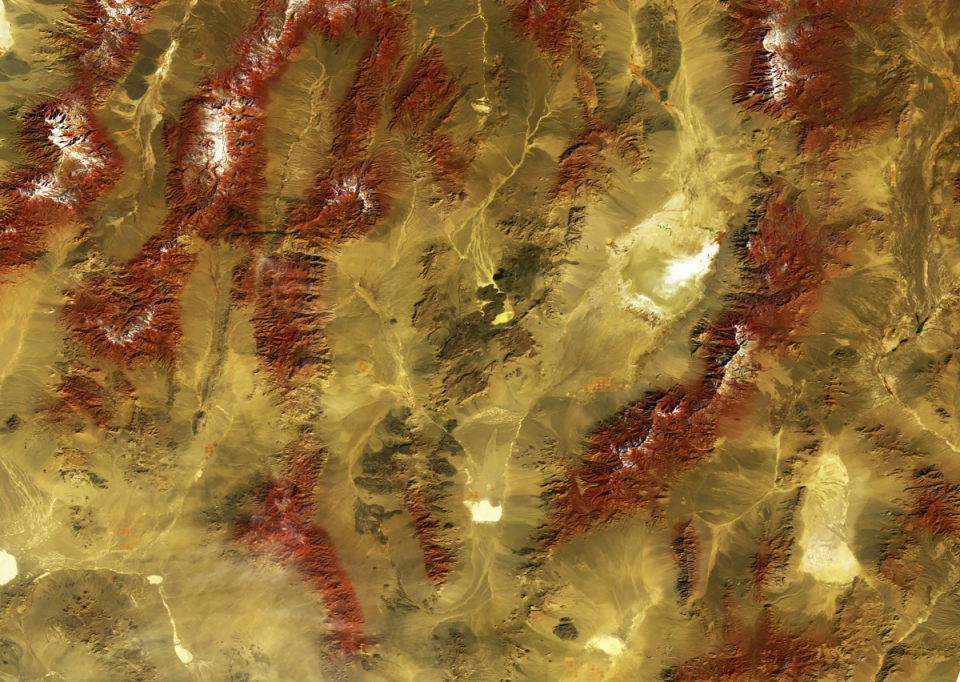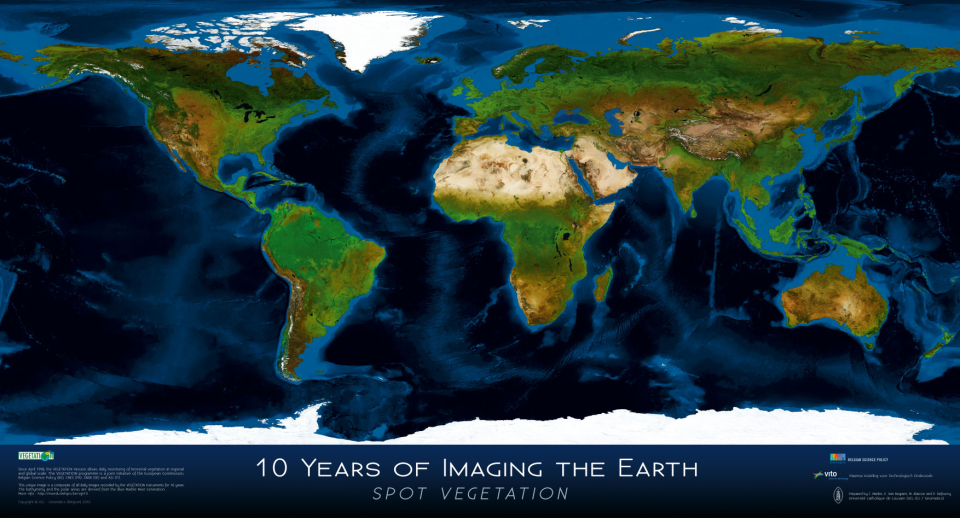Published on 28 October 2021
The Belgian PROBA-V microsatellite was put into orbit in 2013 to ensure the continuation of the VEGETATION programme. This large-scale monitoring programme of the Earth's vegetation cover was a joint initiative of Belgium, France, Italy, Sweden and the European Commission. The adventure began in 1998 with the launch of the first VEGETATION instrument on board the SPOT-4 satellite. Its twin was launched in 2002 on SPOT-5. Together with PROBA-V, these missions have collected a continuous time series of more than 22 years of global vegetation data, a very impressive achievement indeed.

Belgium has been a key player in the smooth running of the programme. In addition to financing and hosting the VEGETATION Image Processing Centre (CTIV, which later became the multi-mission distribution portal of the CvB), it was the driving force behind the development of PROBA-V. Moreover, both the satellite and its payload are 'made in Belgium'. It is therefore with great pride that we followed the exploits of this satellite, which combines stability, longevity and precision and which has enabled thousands of users throughout the world to feed their research.
But all good things must come to an end. On 30 June 2020, after seven years of loyal service, PROBA-V reached the end of its operational life. It is one of the last European satellites to have been launched without any propulsion. As a result, it is impossible to correct the satellite's orbital drift and the quality of the data acquired decreases over time. Since then, however, PROBA-V has continued to deliver 100 m, 300 m and 1 km resolution data in experimental mode, focusing on Europe and Africa. However, the quality of the data has continued to deteriorate progressively and the inevitable decision has now been made to stop the instrument's operations by 31 October 2021 (with the exception of very limited and specific data acquisitions).
|
13 years ago, on the occasion of the 10th anniversary of the VEGETATION system, we produced a series of continental posters in collaboration with the Geomatics Laboratory of UCL, derived from the daily data acquired from 1998 to 2008. For each continent, 5 characteristic issues were presented via our website. |
Our small (and yet huge) satellite has more than fulfilled its mission, ensuring access to daily data on the state of the world's vegetation until the European Copernicus programme's Sentinel-3 satellites are put into orbit; the first, Sentinel-3A, was launched in 2016 and its twin, Sentinel-3B, in 2018.
But the instrument's shutdown does not mean the end of PROBA-V. Other instruments on board, such as the Energetic Particle Telescope (EPT), still provide valuable data, such as radiation measurements that are very useful for space weather forecasts in the framework of the SSA Space Weather Service Network. The Belgian microsatellite will therefore continue to contribute to space science, hopefully for many years to come. In addition, the entire PROBA-V global operational archive, acquired between 16 October 2013 and 30 June 2020, will be reprocessed to provide users with the best possible quality products, starting early next year.

